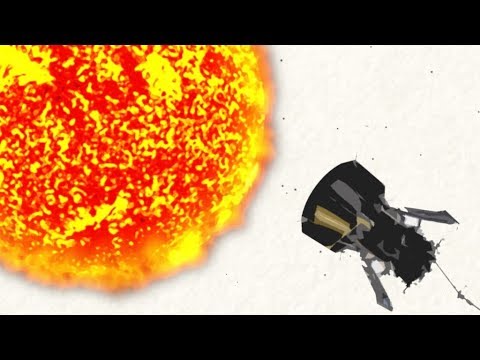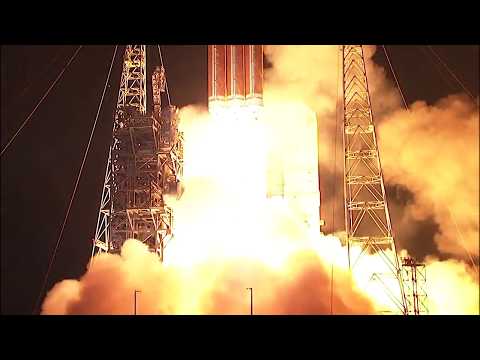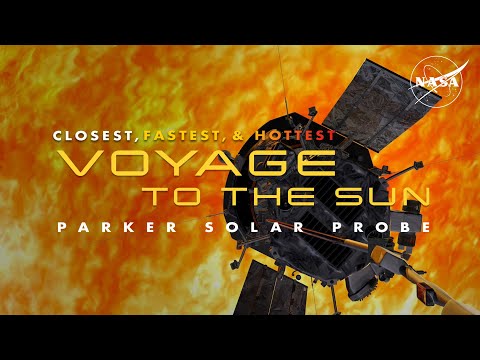On May 31, NASA renamed humanity’s first mission to fly a spacecraft directly into the sun’s atmosphere in honor of Professor Eugene Parker, a pioneering physicist at the University of Chicago. This is the first time in agency history a spacecraft has been named for a living individual. Parker, the S. Chandrasekhar Distinguished Service Professor Emeritus in Physics, is best known for developing the concept of solar wind—the stream of electrically charged particles emitted by the sun.
Previously named Solar Probe Plus, the Parker Solar Probe will launch in summer 2018. Placed in orbit within four million miles of the sun’s surface, and facing heat and radiation unlike any spacecraft in history, the spacecraft will explore the sun’s outer atmosphere and make critical observations that will answer decades-old questions about the physics of how stars work. The resulting data will improve forecasts of major space weather events that impact life on Earth, as well as satellites and astronauts in space.





Leave a Reply